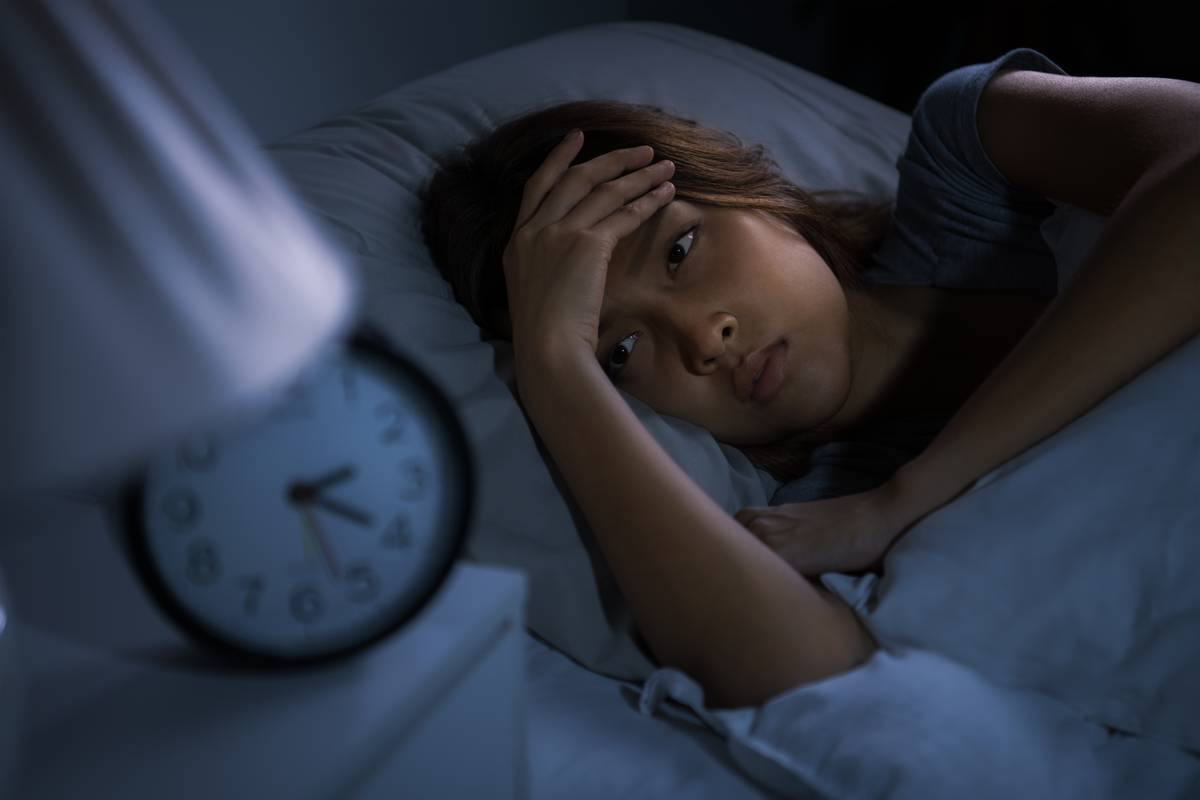Insomnia (Sleep Disorder) Treatment in Ahmedabad
Home
Service Details

Home
Service Details


Insomnia is a common sleep disorder characterized by difficulty falling asleep, staying asleep, or waking up too early. It can lead to fatigue, poor concentration, irritability, and reduced quality of life. Chronic insomnia requires proper evaluation and treatment to restore healthy sleep patterns and overall well-being.
 Difficulty falling asleep at night
Difficulty falling asleep at night
 Waking up frequently during the night
Waking up frequently during the night
 Early morning awakening
Early morning awakening
 Daytime tiredness or fatigue
Daytime tiredness or fatigue
Maintaining a consistent sleep schedule, reducing screen time, and creating a restful sleep environment improve sleep quality.
CBT-I is an evidence-based approach that helps identify and change negative thoughts and behaviors affecting sleep.
In some cases, doctors may prescribe short-term sleep aids or treat underlying medical conditions contributing to insomnia.
Insomnia can be caused by stress, anxiety, depression, poor sleep habits, medical conditions, or lifestyle factors such as caffeine and irregular schedules.
Chronic insomnia can increase the risk of heart disease, high blood pressure, diabetes, obesity, depression, and poor work performance.
Follow a regular sleep routine, avoid caffeine and alcohol at night, exercise during the day, and practice relaxation techniques before bedtime.